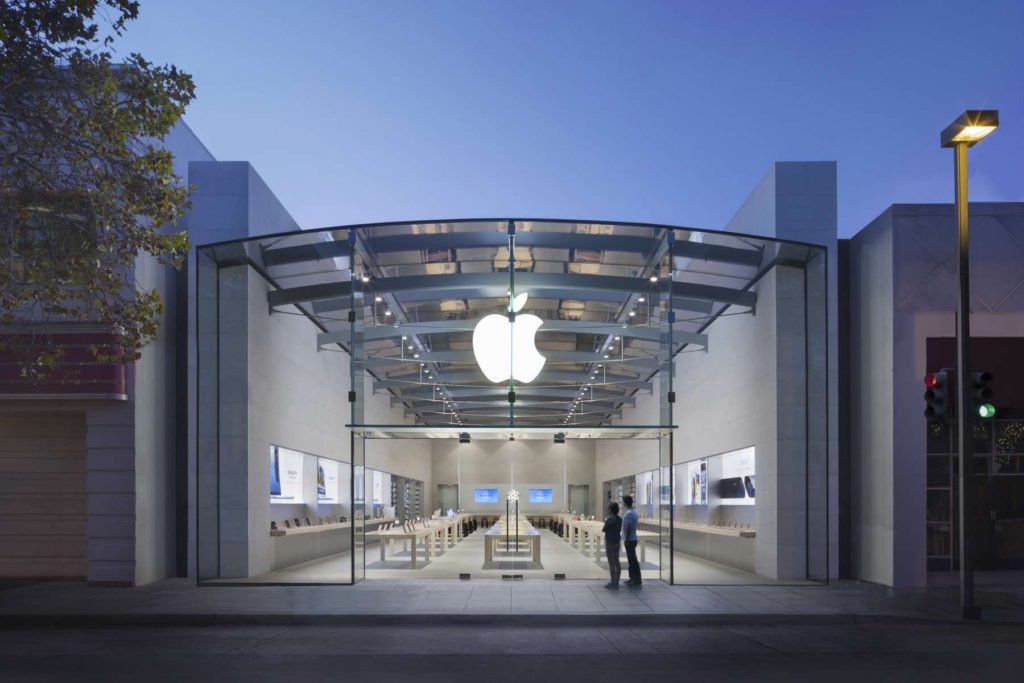Apple given licence to launch autonomous testing programme
18 April 2017

18 April 2017
Apple has formally entered the self-driving race with the granting of a license for testing its self-driving vehicles in California, with it looking to catch up with leading players including Google-affiliate Waymo, Uber and Tesla as tech and auto companies prepare for the upcoming autonomous revolution.
The granting was revealed on the California auto regulator’s website in a list of approved companies, which includes 30 in total, also including OEMs such as Mercedes-Benz, Nissan and BMW, suppliers like Delphi and Bosch, and startups including Zoox.
Apple’s research plans have been underway for more than two years in its typical highly secretive fashion and have undergone radical changes. Initially it began as a highly ambitious project to build an entire all-electric vehicle for launch in the 2020s, aiming to revolutionise cars in the way the iPhone did to the smartphone industry. This would also allow it, like with the iPhone, to reap the benefits of controlling both the hardware and the software – paving the way for its ultimate desire to create an Apple Car. After a series of setbacks and a realisation of the challenges involved and expertise needed to build an entire vehicle, it abandoned these plans in October 2016 to instead focus development on the high-value autonomous systems that form the core of autonomous cars. Apple stalwart Bob Mansfield was sworn in to spearhead the new project, which reportedly involves more than 1000 Apple engineers under the codename Project Titan.
However, Apple now has a lot of catching up to do, with data collection fundamental to the success of autonomous systems. As is common in California’s testing, Apple will start small with only three vehicles, and is expected to gradually increase them in number. Tesla and General Motors now have more than 20 autonomous vehicles on California’s roads, but Google-affiliate Waymo is streets ahead with several dozen. This is reflected in the effectiveness of Waymo’s autonomous system, with its massive data advantage making it by far the most accurate, and logging 30 times more miles of testing than all their competitors put together in the state last year.
Apple has a serious risk of being too far behind the development curve to catch up in time, with California proposing to allow testing of properly ′driverless‘ cars – without the need for a human in the driving seat. This could allow self-driving cars to come into full public use as early as next year.
While giving almost nothing away about its programme to date, in December, Apple revealed it is ′investing heavily in machine learning and autonomous systems,’ and is looking towards ′many potential applications for these technologies, including the future of transportation.’
Photograph courtesy of Apple